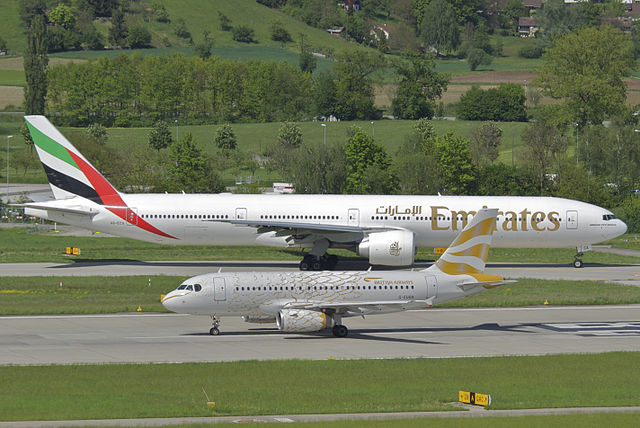Blog Editor’s Note: Everyone agrees that the DoD needs to exercise to stay ready and defend the nation. At the same time, commercial aviation companies have businesses to run, customers to serve, and costs to control. Aviation operations are not as efficient, and some would say are not as safe, when operators have to go without GPS and rely on the old VOR/DME system. This report from RTCA reflects this clash of goals. Here is an interesting table from the report:

A “Stop Buzzer” is when the military is told to immediately stop jamming GPS because of safety reasons.
Radio Technical Commission Aviation
Operational Impacts of Intentional GPS Interference
A Report of the Tactical Operations Committee in Response to Tasking from the Federal Aviation Administration
March 2018
Executive Summary
The Federal Aviation Administration is implementing the Next Generation Air Transportation System
(NextGen) based on the foundation of satellite-based technology, and the Global Positioning System is a
key technology component for navigation and surveillance in NextGen. The DoD is mandated by Title 10,
Section 2281, to provide a GPS system that is reliable and available for civil use but DoD is also required
by National Security Presidential Directive 39 to train and test U.S. military forces and national security
capabilities in operationally realistic conditions that include denial of GPS. The DoD carries out
intentional GPS interference that are notified to the public and can result in degradation of GPS signals
to civilian aircraft.
The number of tests and unique locations has been increasing in recent years, and operators in the
National Airspace System would like to better understand the operational impacts of intentional
interference. The RTCA Tactical Operations Committee was tasked to study these impacts and this
report serves as the Committee’s recommendations on the matter.


